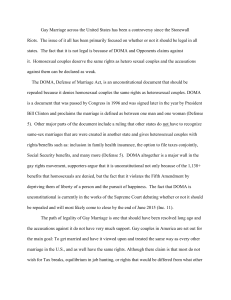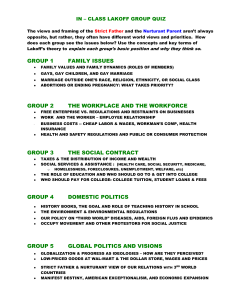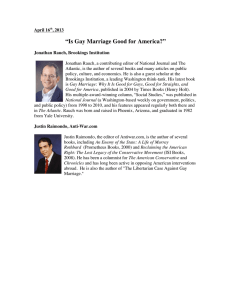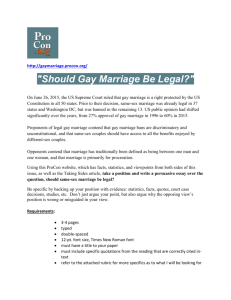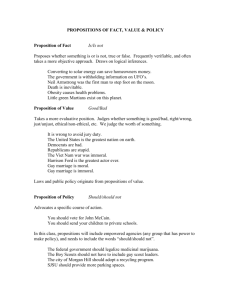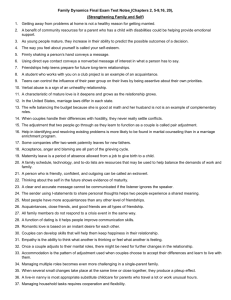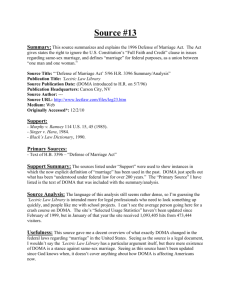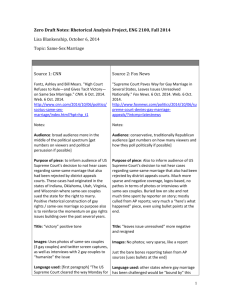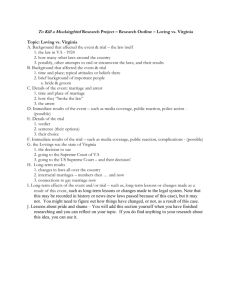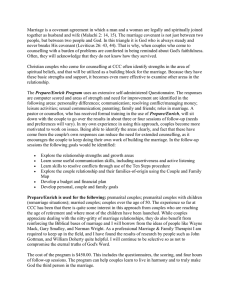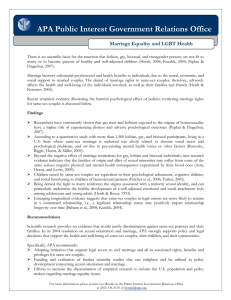Political Ideologies
advertisement
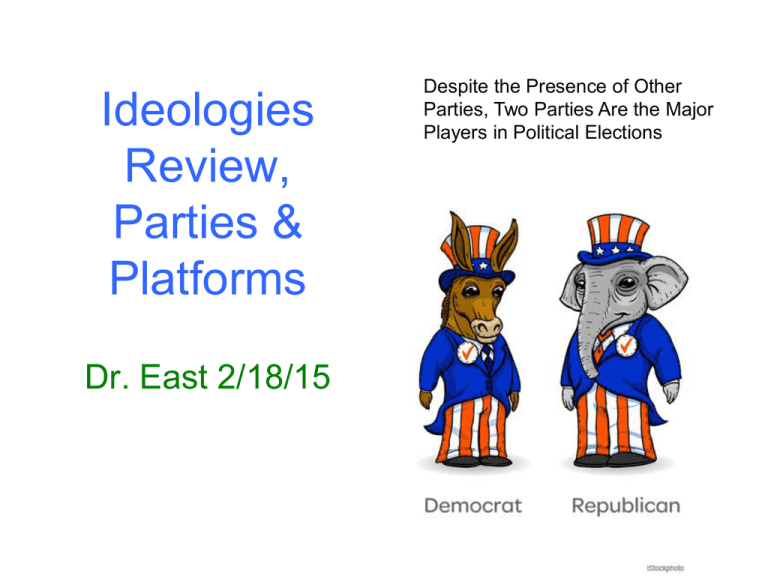
Ideologies Review, Parties & Platforms Dr. East 2/18/15 Despite the Presence of Other Parties, Two Parties Are the Major Players in Political Elections Remember: Modern Conservatives • Tend to want smaller government or less expansion of government programs • Reduce dependency on government • Often believe that individuals and families, and independent charities should meet human needs… gov. programs are hard to control and don’t actually work that well • Often believe that large gov. programs are fiscally irresponsible and not truly responsive to people and society’s long term needs Remember: Modern Liberals • Often advocate for larger or more expansive government programs and the use of federal power to promote economic stability between groups in the US populace. • Tend to support new or progressive ideals, new kinds of relationships, individual choices, and large government backed societal changes (like New Deal agencies or National Health Insurance) Remember: Subdividing the Conservatives • Social Conservatives – typically are those that are more traditional in their views toward marriage, relationships, religious practice, and personal accountability • Fiscal Conservatives – typically are those that champion free market capitalism, lower government taxes, and less regulation of economy Modern Political Spectrum Party Identification Growing Party Polarization & Ideological Partisanship Between the Two Major Parties Intense Ideas Relate to more Substantive Political Participation Ideology of Independents Major Third Parties http://en.wikipedia.org/wiki/Third_party_%28United _States%29 • Graphic Source: http://teamrussell4norwich.com/li bertarian-party-best-ofdemocrat-republican/ Take the Party Voting Quiz for the Last Election • http://2012election.procon.org/view.resour ce.php?resourceID=004491 Platform Comparisons: Main Two Parties… Ideas on Abortion On Energy On Immigration On Taxes …On Marriage Since 2012, Dems won part of this argument over DOMA (Defense of Marriage Act) in 2013 parts of it were declared illegal by Supreme Court FYI: 2013, Supreme Court Ruling on DOMA The Supreme Court’s first rulings on same-sex marriage produced historic gains for gay rights Wednesday: full federal recognition of legally married gay couples and an opening for such unions to resume in the nation’s mostpopulous state. The divided court stopped short of a more sweeping ruling that the fundamental right to marry must be extended to gay couples no matter where they live. But in striking down a key part of the 1996 Defense of Marriage Act (DOMA), the court declared that gay couples married in states where it is legal must receive the same federal health, tax, Social Security and other benefits that heterosexual couples receive.

